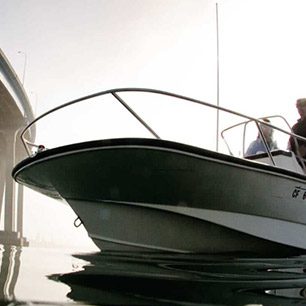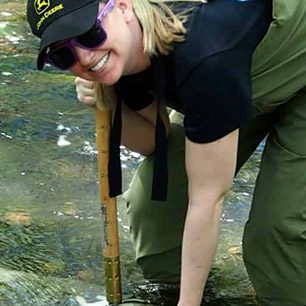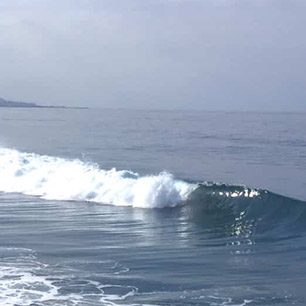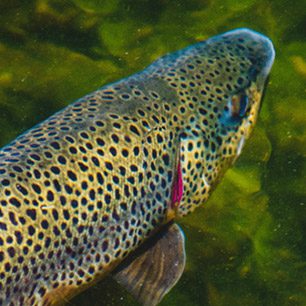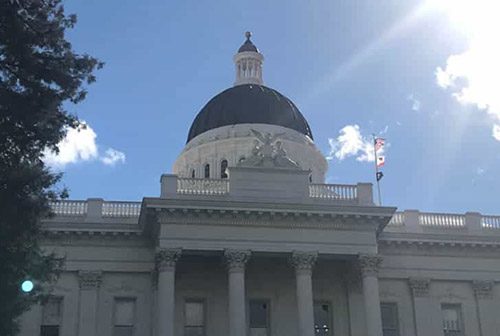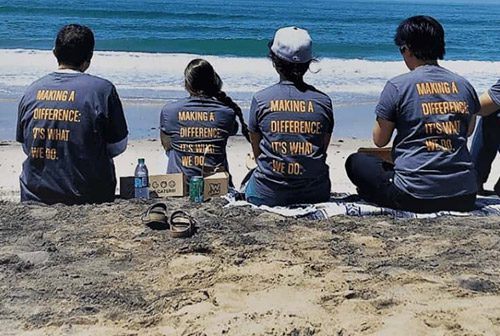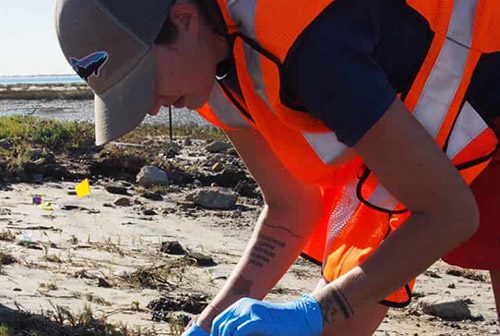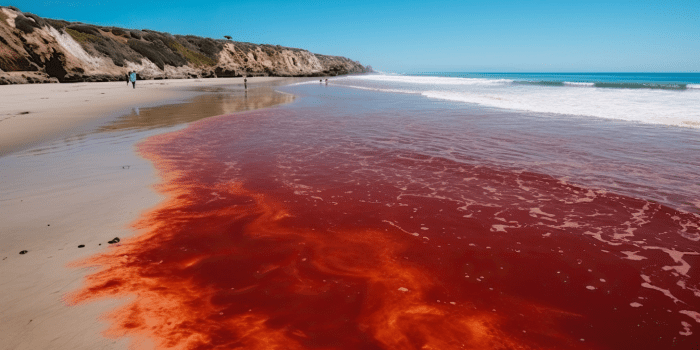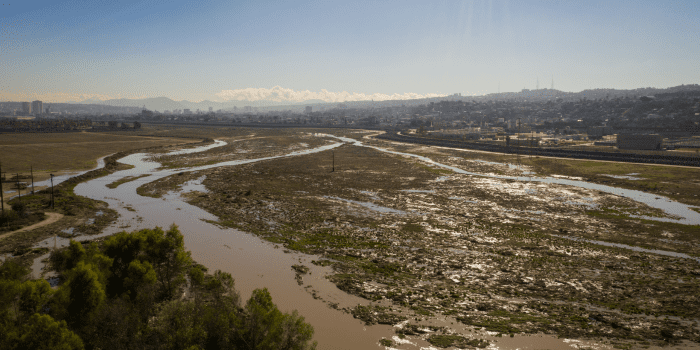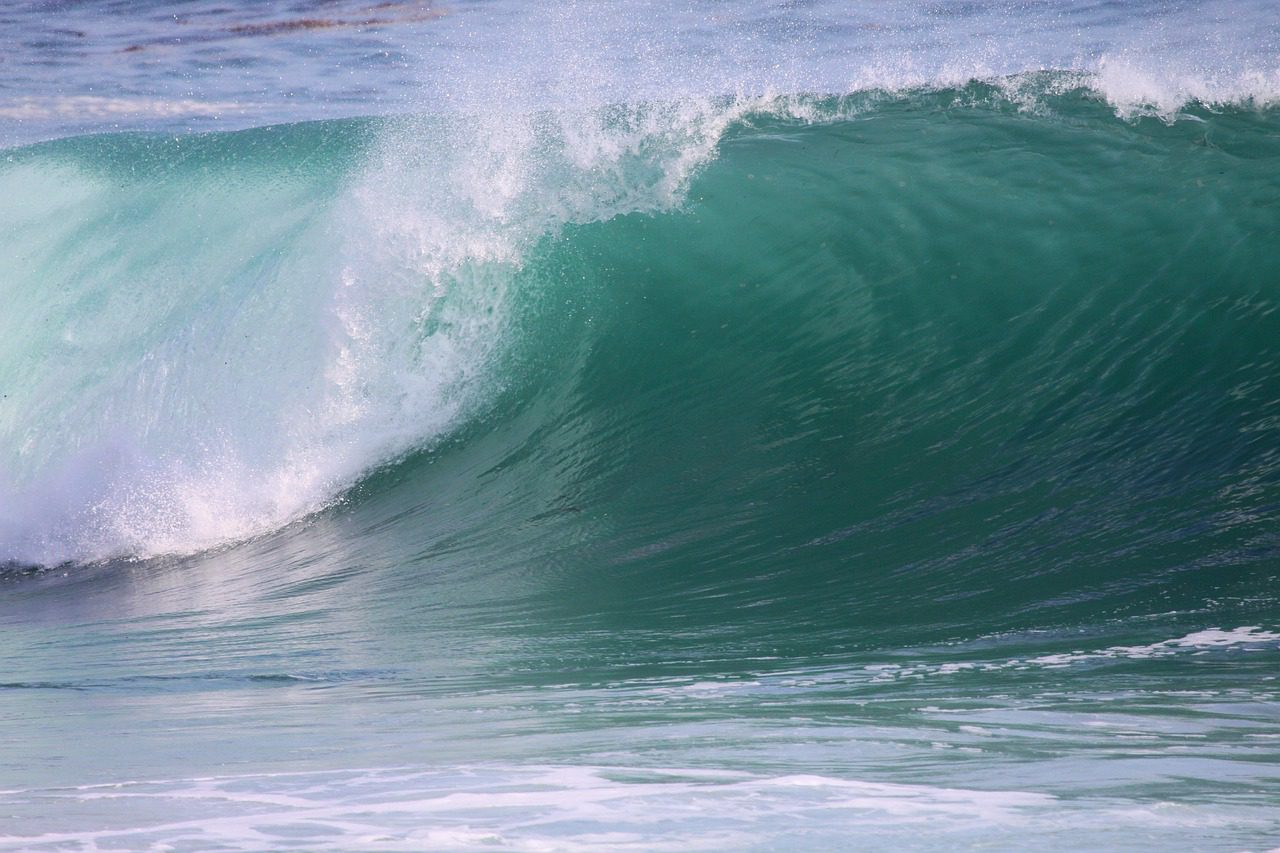We are San Diego’s water pollution watchdogs. San Diego Coastkeeper is here because we need to hold polluters accountable and ensure government is doing its job of enforcing our laws. Our job is not easy. California has some of the toughest environmental laws in the world, but there is little, if any, enforcement.
As a watchdog we are often times accused of driving jobs out of San Diego. Nonsense! If anything, the opposite is true. We protect the rights of the people to stand up and protect our environment, children, property, livelihoods and future. San Diego Coastkeeper’s vision and work toward making our waters fishable, swimmable and drinkable not only serves to enhance environmental protection, but also protects local economies like fishing and tourism. San Diego is about our coastal waters. We help attract businesses that are environmentally smart and aware of the value of clean and healthy coastal waters.
Our environmental laws are only effective if they are enforced. No enforcement – no environmental protection. California’s “thin green line of environmental enforcement” is broken. State and federal environmental enforcement budgets have been slashed, regulatory oversight reduced and too many violations go undetected or unpunished. To make matters even worse, government’s ability to enforce the laws is further reduced by political pressure from industry to minimize enforcement. And, as might be expected there has been a wholesale erosion of deterrence.
Environmental law professor David Hodas contends that effective deterrence requires four elements:
- significant likelihood that a violation will be detected;
- swift and sure enforcement response;
- appropriately severe sanctions; and
- that each of these factors will be perceived as real.
In The Riverkeepers, the authors posit that none of the above elements is consistently present: “Enforcement is underfunded, abused, and ignored in nearly every environmental bureaucracy.” The situation is much worse today than when the book was written in 1999. I can find no evidence that there is any real deterrence in San Diego.
Given the economic downslide, California and local governments like San Diego have moved away from enforcement because they do not want to dissuade business from expanding or relocating to their areas. No government wants to risk losing jobs because a business sees a neighboring region as being more industry friendly. Thus, there is pressure to weaken regulations and ignore violations because politicians and bureaucrats think by doing so they will be able to attract and keeps jobs in their jurisdictions.
The story of Riverkeepers is one of the struggle to take back the Hudson River from polluters. In the 1960s, the Hudson was treated as a sewer. Industrial development, raw sewage discharges, and toxic contamination drove all but the hardiest away from the river. Today, anglers, boaters and bathers flock to the Hudson to experience the wonders of this great river. Thanks to Hudson Riverkeeper. industries and municipalities have ceased their polluting ways and have developed a respect for the resource.
San Diego shares a similar story. We have lost jobs because of the lack of environmental enforcement. Take for example San Diego Bay. Gross violations by numerous polluters occurred on the bay for years. Violations were either ignored or marginalized. As a result, water pollution became a small cost of doing business. Today San Diego Bay is grossly polluted with toxic contaminants. The long history of violations and pollution killed what was once a vibrant commercial fishing industry in the bay. Not only is there no commercial fishing on San Diego Bay today, but due to the fish contamination from toxic pollutants, the Port of San Diego posted signs along San Diego Bay piers with fish consumption advisories.
“It’s a classic lesson that it’s easier to prevent the problem than it is to fix it once it’s been introduced into the environment,” says David Gibson, executive officer of the San Diego Regional Water Quality Control Board.
The recent 2.6-million gallon Los Penasquitos sewage spill is another example of how gross pollution not only spoils the environment but negatively impacts our economy. As a result of the spill, beaches and parks were closed five miles north and south of the mouth of Los Penasquitos Lagoon between September 9 – 14, 2011. The Los Angeles Times ran an article that provided a travel advisory because of beach closures from “Scripps Pier (in the La Jolla Shores area) north, including the popular swimming and surfing areas of Black’s Beach in La Jolla, Del Mar and Solana Beach.” San Diego Coastkeeper’s watchdog activities on the Los Penasquitos sewage spill will most likely produce a significant enforcement action against the polluter, the City of San Diego.
No doubt our environmental laws need to be vigorously enforced to be effective. That is why San Diego Coastkeeper exists. We are ever vigilant watchdogs protecting our environment, livelihoods and future.

